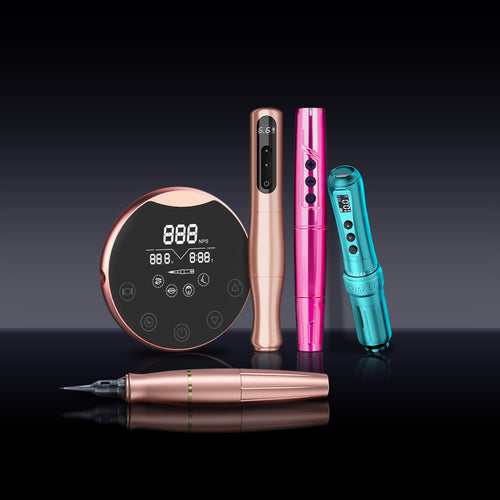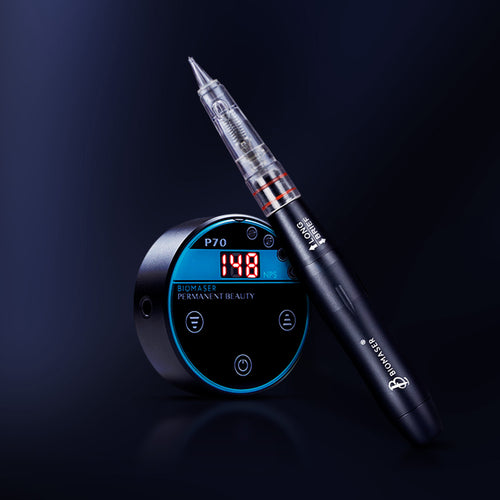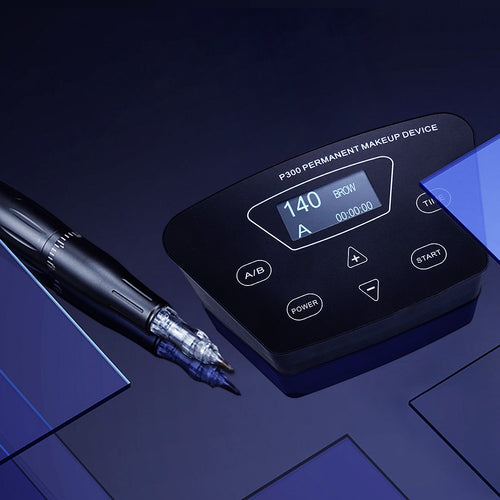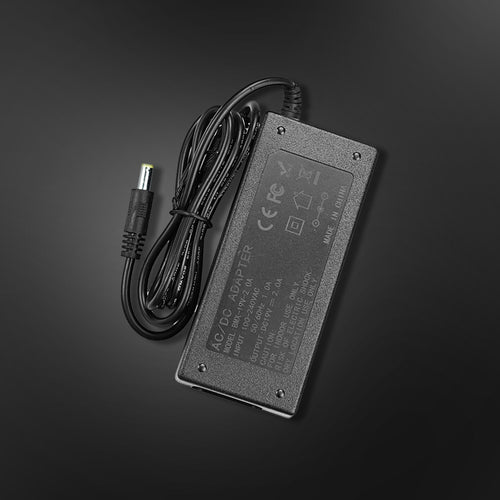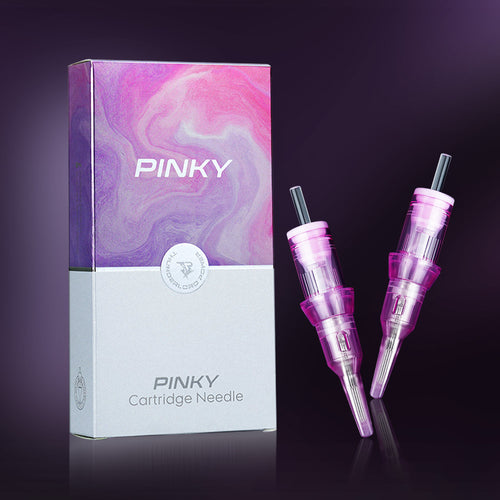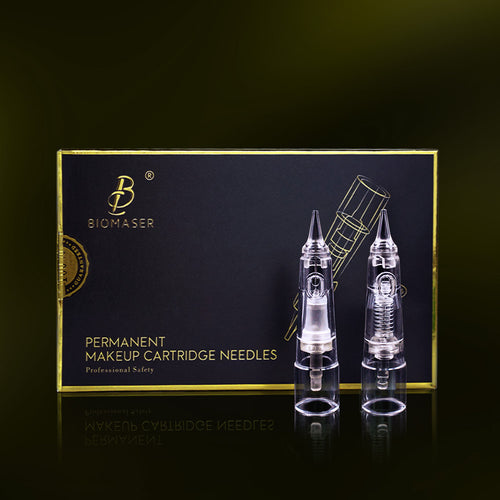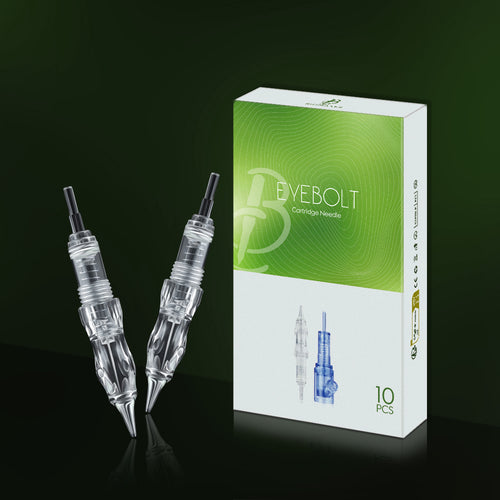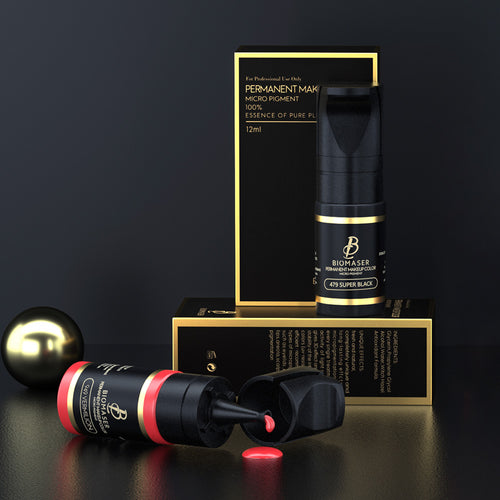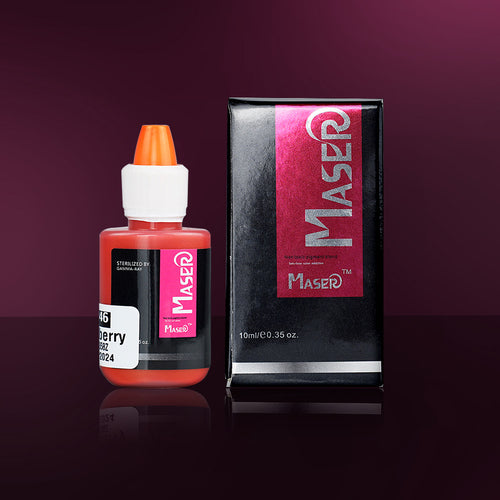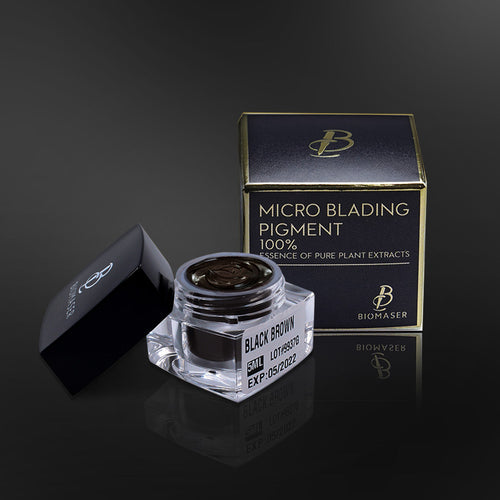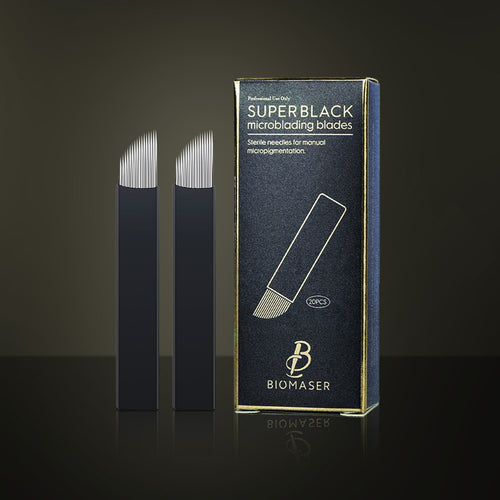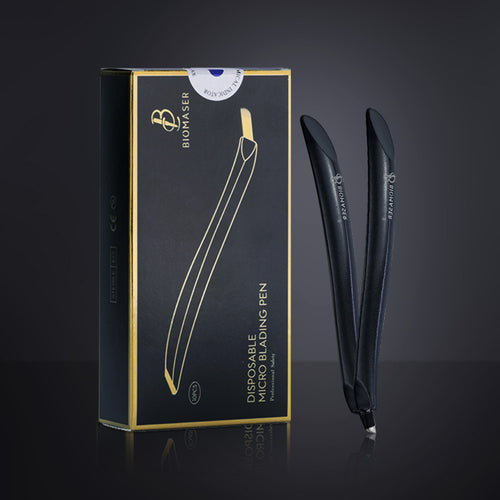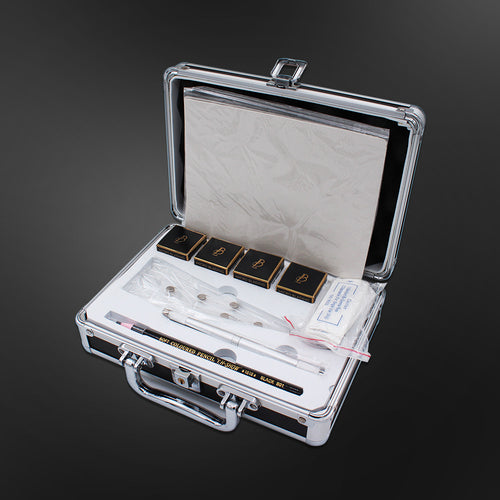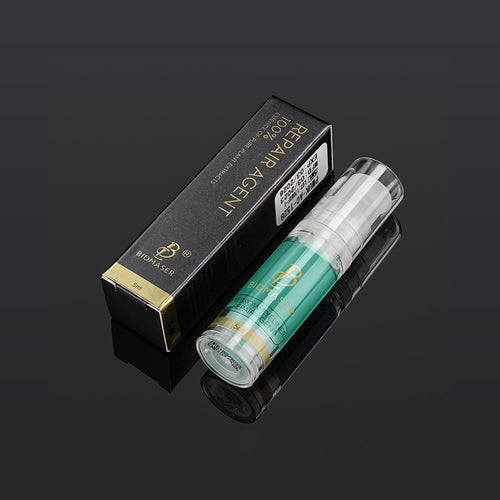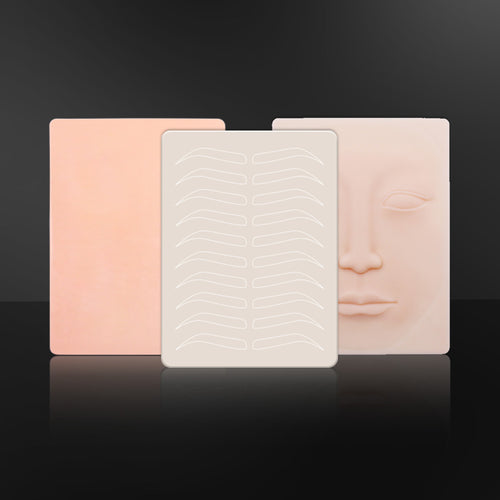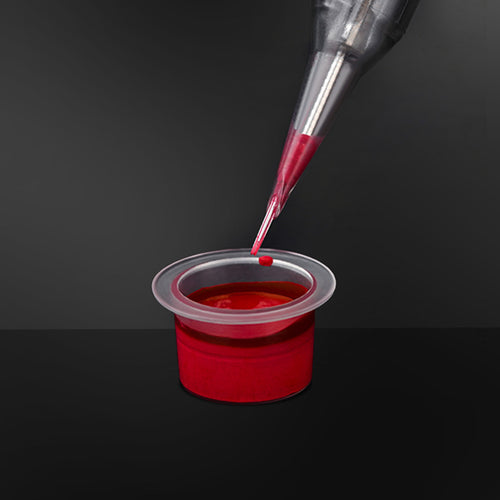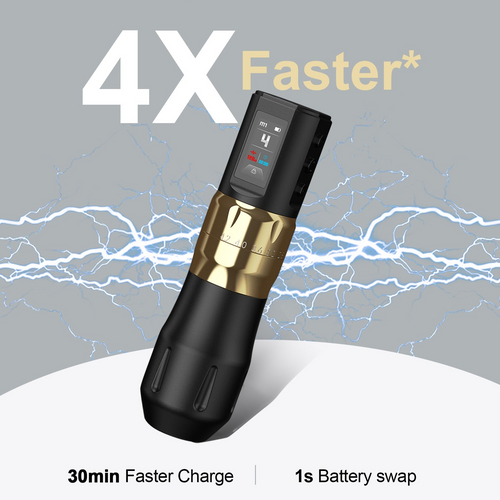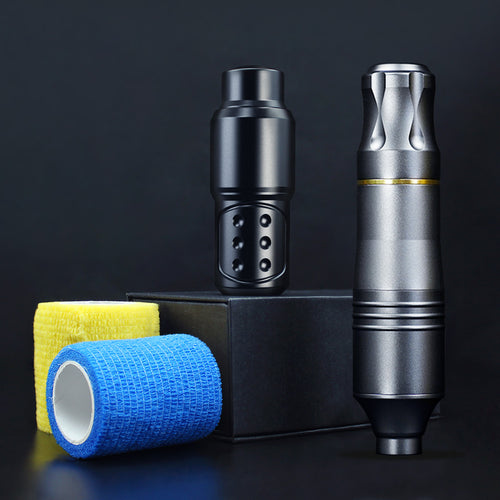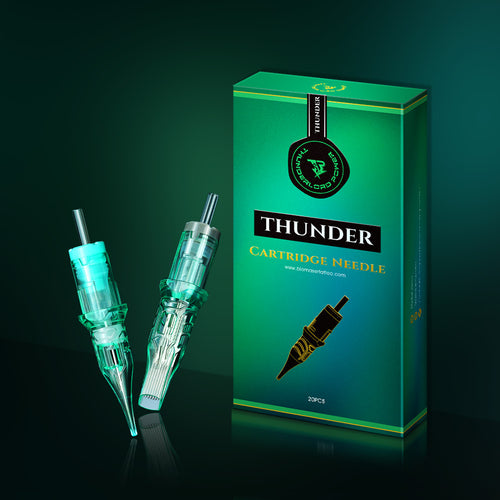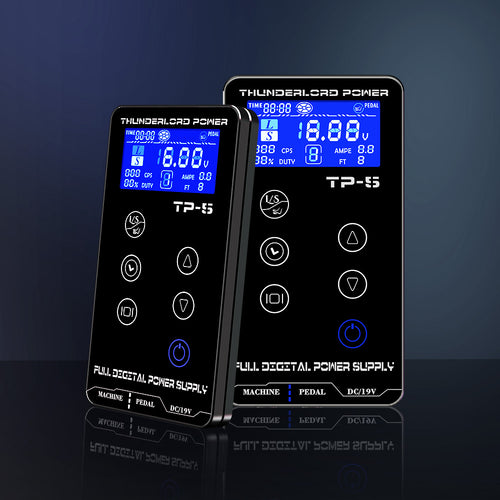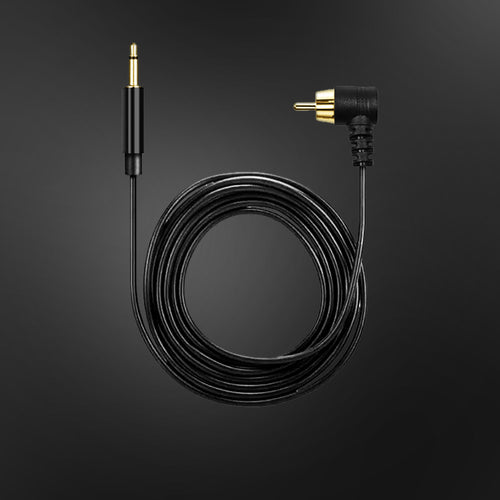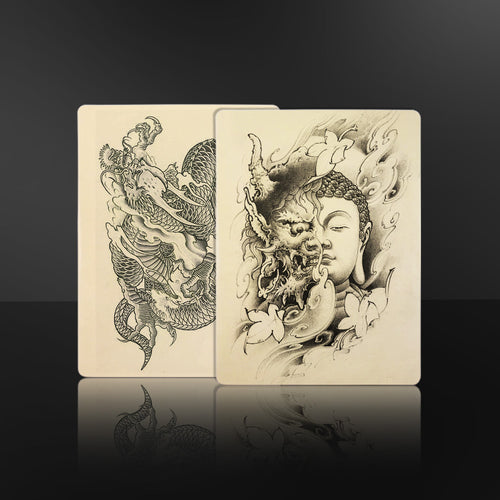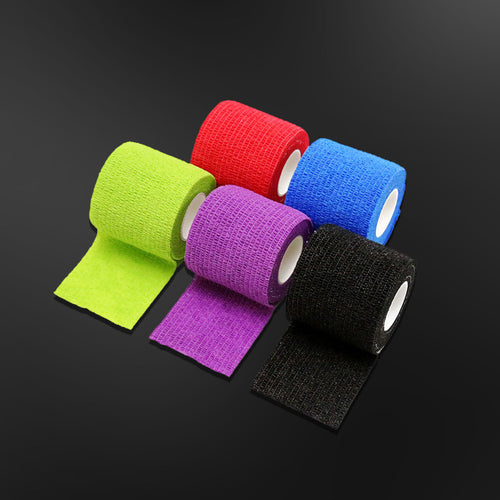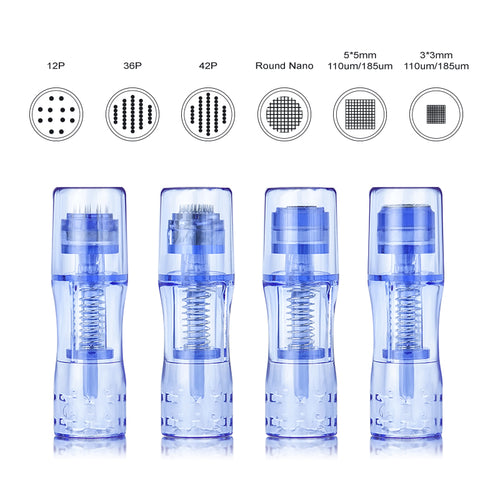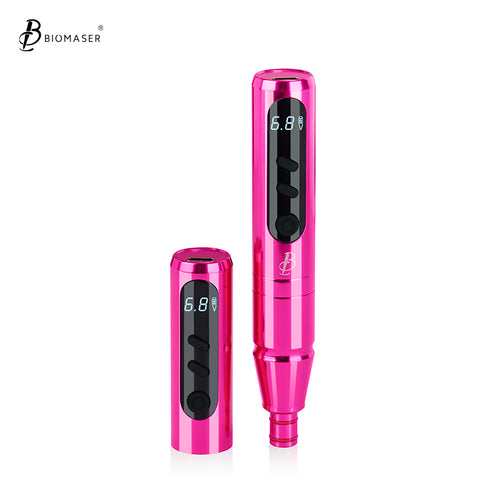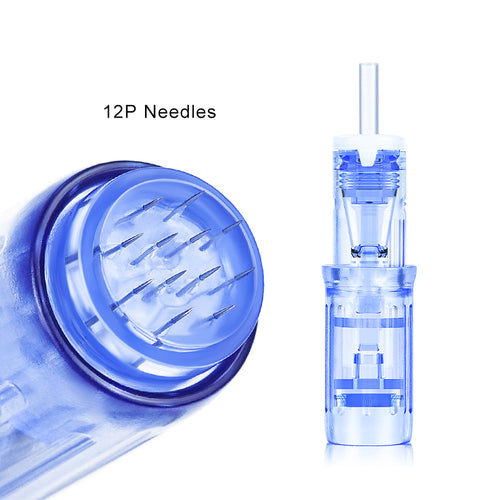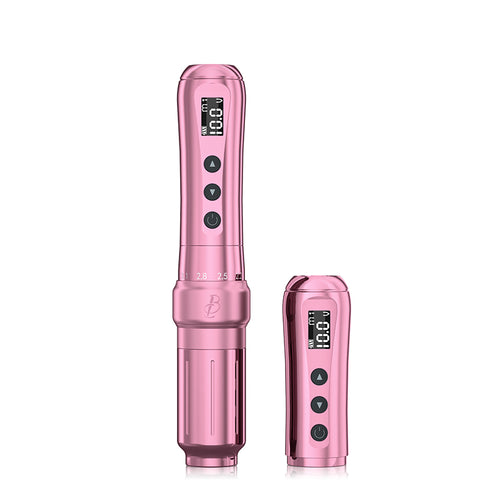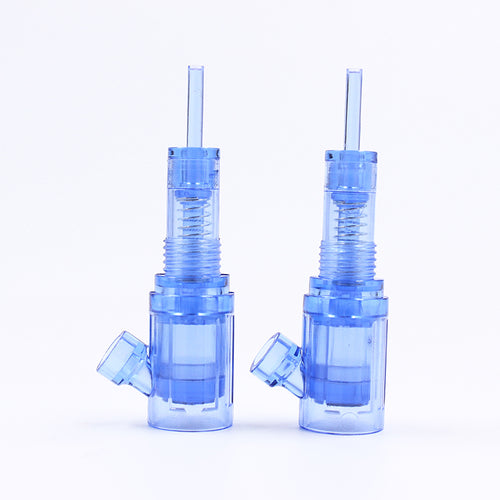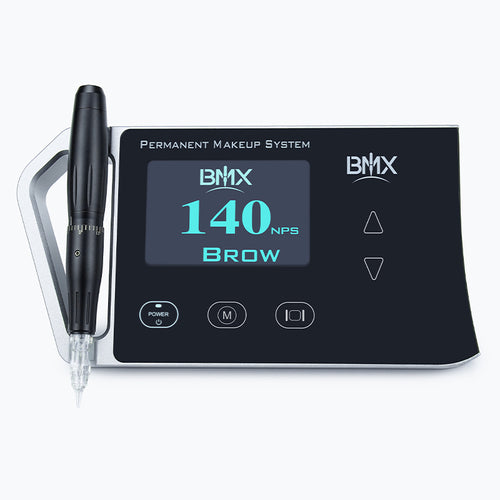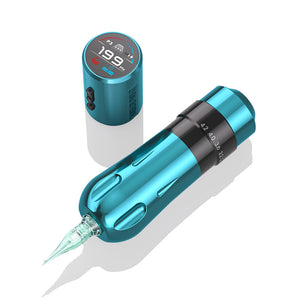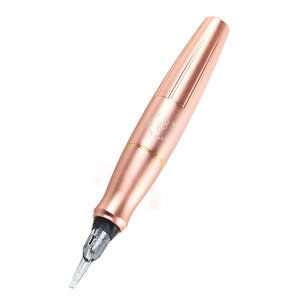Why Did My Tattoo Fade So Fast? 11 Reasons You Should Know

Many people expect their new ink to stay vibrant and crisp for years to come. So, it can be disheartening when you notice your tattoo fading faster than anticipated. If you're wondering, "Why did my tattoo fade so fast?" you're not alone. Several factors can contribute to quick tattoo fading, ranging from aftercare mistakes to the quality of ink used. Let's explore the reasons behind premature tattoo fading and what you can do about it.
Immediate Aftercare Missteps
Proper aftercare sets the foundation for how well your tattoo will heal and retain its vibrancy.

- Excessive exposure to water: While keeping your tattoo clean is essential, soaking it or exposing it to running water for extended periods can lead to ink loss during the healing process.

- Premature removal of the protective covering: The bandage or plastic wrap your artist applies is meant to protect the tattoo from bacteria and prevent the wound from reopening. Removing it too soon can expose your tattoo to bacteria and irritants that may affect the healing process.

- Use of inappropriate ointments or lotions: Not all skincare products are suitable for fresh tattoos. Some may contain ingredients that can draw out ink or irritate the skin.

- Scratching or picking at the healing tattoo: It's tempting to pick at scabs or peel flaking skin, but doing so can remove ink and lead to patchy areas in your tattoo.
Ink Quality
High-end tattoo inks are typically formulated with superior pigments that offer greater stability and longevity within the skin. These premium inks are designed to be less susceptible to the breakdown effects of sunlight and body chemistry.In contrast, lower-quality inks may contain fillers and impurities that not only accelerate degradation when exposed to UV light but also pose a higher risk of adverse reactions such as color changes and allergies. Understanding how to identify and treat allergic reactions to tattoo ink is essential for preserving both the appearance and health of your tattoo over time.
Tattoo Artist's Skill
How good your tattoo artist is really matters for how sharp and vibrant your tattoo stays over time. They need to be spot-on with the tattoo needle - if it doesn't go deep enough,or goes too deep, you might end up with a patchy look or colors that fade unevenly.Understanding the correct needle depth for tattooing is crucial for achieving long-lasting and high-quality results.
A good tattoo artist, like Prakapovich Nikolai, knows just how much ink to use and how to handle different types of skin. They'll avoid problems like the ink spreading where it shouldn't or scars messing up the design.
Exposure to Sunlight and UV Rays

Tattoos are made up of pigment particles that reside in the skin. When exposed to sunlight, especially the intense midday UV radiation, these pigments can undergo photochemical degradation. This process is similar to how colored fabrics fade when left out in the sun; UV rays break down the chemical bonds in the ink, causing the colors to deteriorate and lose their vibrancy. Specific colors like reds and yellows are more susceptible to UV-induced fading since they absorb more light energy, which leads to faster breakdown.
Harsh Chemicals Contact
Regular exposure to chlorinated water, such as frequent swimming in pools or relaxing in hot tubs, has a bleaching effect on tattoo ink. Chlorine, a powerful oxidizing agent, reacts chemically with the tattoo ink, resulting in color fading and blurring of lines. If your job involves regularly handling strong cleaning products, industrial solvents, or other harsh chemicals, be aware that this could impact your tattoo.
Use of Inappropriate Skin Care Products
Many skincare products contain ingredients such as alcohol, alpha hydroxy acids (AHAs), or retinoids, which have exfoliating properties. While beneficial for cell turnover on untattooed skin, these substances can strip away the top layer of skin cells, thus gradually lightening the tattoo. Even oily lotions can make a tattoo look faded, as they create a shiny layer that makes the colors seem dull.
7 Stroke adjustable Thunderlordpower U7 Wireless tattoo Machine Pen
Rubbing from Clothes or Movement
If your tattoo is in a spot where your clothes rub a lot or you move a lot, like your waistband area or joints, this can wear down your tattoo. Tight clothing rubs against your tattoo like sandpaper over wood, gradually wearing it away. Professions or activities involving repetitive motion, such as cycling where thighs might rub against a saddle, can subject the tattooed area to ongoing abrasion.
Individual Skin Type and Condition
If your skin is oily, it might not hold onto tattoo ink as well as drier skin does. This can cause the tattoo to become blurry or fade more quickly because the excess oil in the skin makes it harder for the ink to settle in properly. For those with skin conditions like eczema or psoriasis, their skin is often shedding and renewing itself, which could push out the tattoo ink faster than normal. Everyone's skin is different, and things like how old you are, your hormone balance, and your general health can affect how fast your skin naturally sheds its outer layer. If your skin sheds cells quicker, your tattoo will likely fade faster.
Placement of the Tattoo on the Body
Think about the places on your body that rub against clothes a lot or move all the time - tattoos in these spots usually don't last as long. The constant movement and rubbing can cause the skin to get rid of the top layer faster, making the tattoo lose its sharpness sooner. So, if you get a tattoo on your fingers, palms, or the bottom of your feet, be prepared for it to fade quickly. Similarly, areas that bend a lot, like elbows or knees, can make tattoos stretch and warp over time.
Effects of Aging
As we get older, our skin changes; it's not as plump and smooth as it used to be, which can make tattoos look stretched or blurry. This happens because we start to lose stuff called collagen and elastin in our skin, which keeps it tight and bouncy. Also, as skin ages and changes shape, the ink that was once evenly spread out may not look so even anymore, leading to a faded appearance.
Body's Immune Response
When you first get a tattoo, your body's defense system rushes to check out the ink because it sees it as something foreign. Special cells called macrophages try to "eat up" the ink to clean it out of your system. Some of these cells do take away some of the ink, while others stay put in the deeper layers of your skin, which makes the tattoo visible. But as time goes by, your immune system keeps at it, slowly making the tattoo lighter.
3mm stroke Tattoo Machine Double head Tattoo permanent makeup CTGE004
Tips to Prevent Quick Tattoo Fading
Shielding with Sunscreen
Always slap on sunscreen with at least 30 SPF before you step outside. Whether it's sunny or cloudy, those UV rays can still sneak through and fade your tattoo.
Choosing the Right Outfit
When your tattoo is fresh and healing, loose clothes are your best friend. They'll stop the fabric from rubbing against the new ink, which can mess up how well it sets into your skin. For tattoos that have healed but are where your body bends a lot, think about slipping on some protective sleeves or pads if you're going to do something that means a lot of moving and rubbing in those areas.
Keeping the Tattoo Moisturized
Dry skin is a no-go for vibrant tattoos. Keep your skin nice and moisturized with lotions that don't have any fragrance or other fancy stuff that might irritate your skin.
Regular Tune-Ups for Your Ink
No matter how careful you are, sometimes a tattoo will start to look a bit tired. That's totally normal! Swing by your tattoo artist every now and then for a touch-up. They'll go over the faded parts and bring back that pop and sizzle to your design.
Master the Art of Tattoo Longevity
Tattoo fading is a natural process, but premature fading can be frustrating. If you know what causes tattoos to fade, you can take steps to keep yours looking good. Remember, proper aftercare, protection from the sun, and regular moisturizing are key to preserving your ink. Choose a skilled artist, follow their advice, and be mindful of lifestyle factors that might impact your tattoo. Ultimately, embracing the journey of owning a tattoo means accepting that some changes will occur over time. With proper care, your body art will remain a beautiful representation and last for years.
